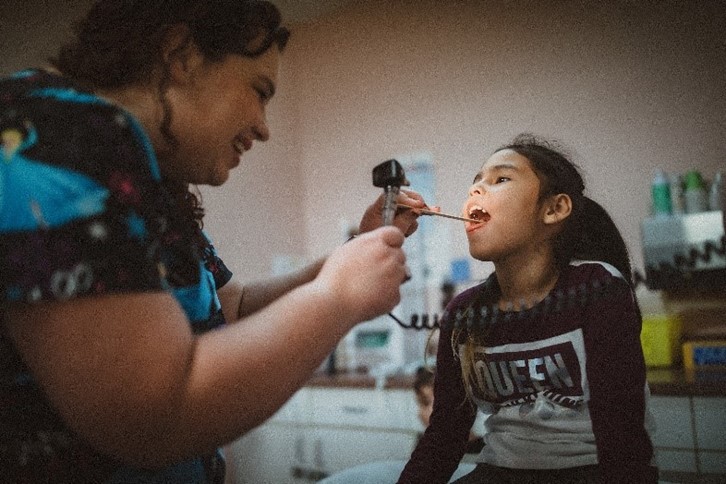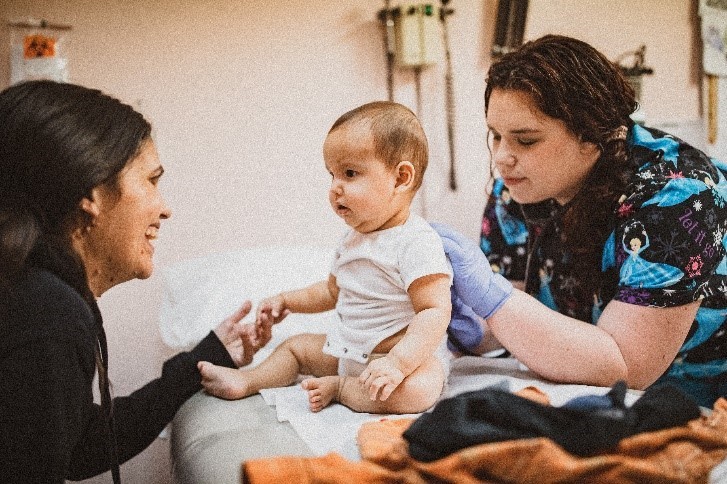Working as a nurse in a remote or isolated community
On this page
Where nurses work

Indigenous Services Canada nurses deliver primary health care services to remote or isolated First Nations communities in which it operates. All are shaped by sparse populations, geographic isolation and extreme climate conditions.
ISC employs nurses across remote or isolated First Nations communities located in 4 regions: Alberta, Manitoba, Ontario, and Quebec. Most of these communities are in Manitoba and Ontario. Some are more remote or isolated than others and nurses are often the communities' main point of contact with the health care system.
Multidisciplinary teams
You will not be working alone. Nurses work in nursing stations as part of a multidisciplinary team that includes:
- health professionals such as dental therapists or hygienists
- community health workers in areas such as home care, addictions and diabetes
- paramedics
- doctors and specialists are available
When a doctor or nurse practitioner is not available on site, nurses can consult them by telephone.
Services offered

Clients of all ages access health care services ranging from public health to serious trauma. Nurses working in remote or isolated communities provide these services depending on their positions. Some of these services include:
- pre-natal
- healthy baby
- immunization clinics
- health promotion
- acute care
- chronic disease management
- clinical assessment and treatment
- emergent care
Clinical practical guidelines
The following documents provide assessment resources and clinical practice guidelines for nurses working in First Nations communities:
Learning and career development
In-class orientation
Learning begins with a general orientation to better prepare nurses to work independently in their roles.
Field orientation
Following the orientation, nurses receive a field orientation where they work directly with a preceptor/mentor. It is at this time that a learning plan is developed. The length of time spent working with a preceptor/mentor will depend on learning needs.
The goal of the learning plan is to identify knowledge, skills and abilities that need to be strengthened. The learning plan outlines specific steps to successfully develop competencies to progress from novice to expert.
Experiential learning
A strong cultural identity is an important part of individual and community wellbeing. Communities across the country are proud to share their cultural and traditional activities.
Nurses are encouraged to attend and participate in various community events, cultural and traditional activities to broaden their knowledge, understanding and appreciation of Indigenous cultures.